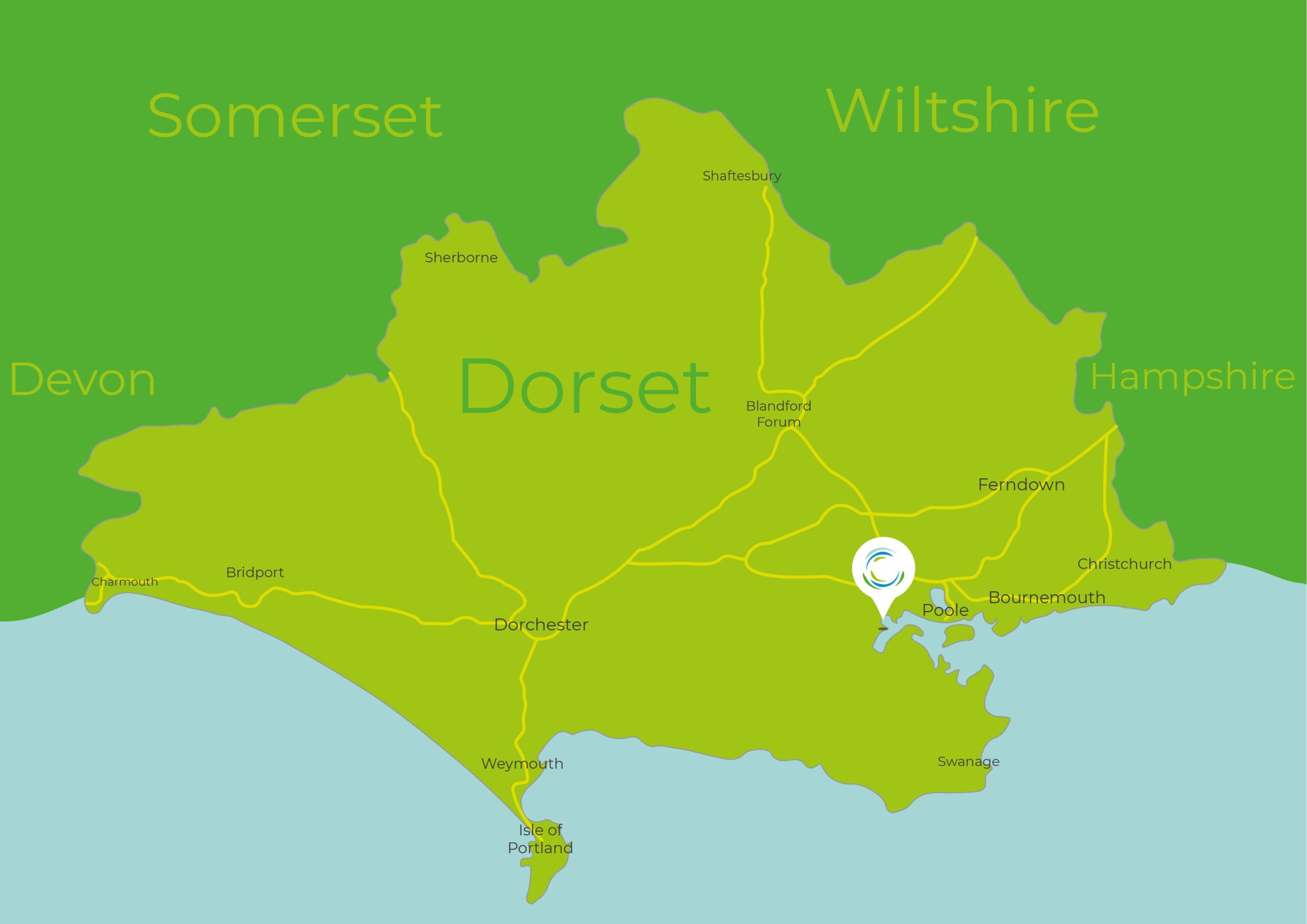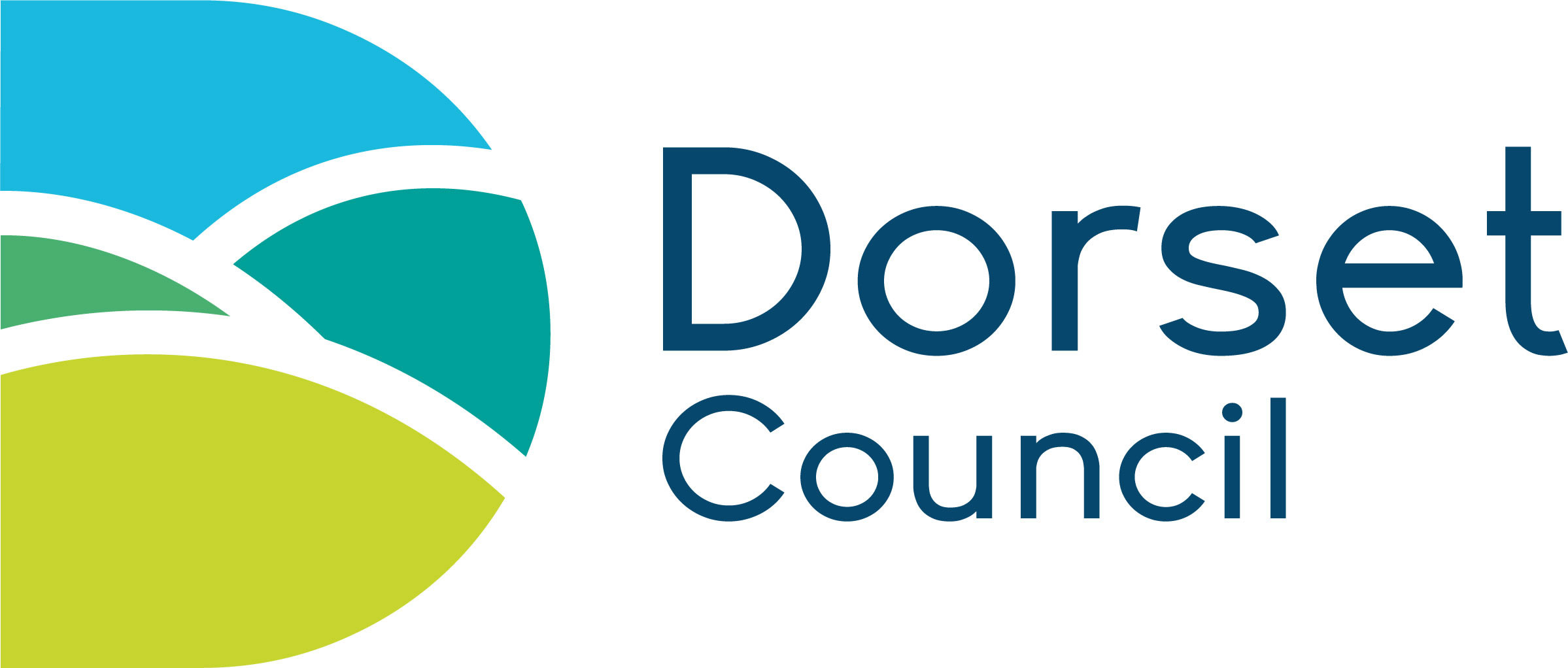MouldCAM – LED Lighting Project
Location: Holton Heath, Dorset
Project cost: £14,008
Grant: £5,603.20
Estimated savings: 25 tonnes of CO2 / £6k per year
Equipment / installer: 56 LED high bay lights (Low Energy Solutions)

Location: Holton Heath, Dorset
Project cost: £14,008
Grant: £5,603.20
Estimated savings: 25 tonnes of CO2 / £6k per year
Equipment / installer: 56 LED high bay lights (Low Energy Solutions)
MouldCAM designs, engineers and manufactures large scale composite structures, high precision tooling and complex 3D shapes for architectural, sculptural, marine and industrial applications.
To reduce the carbon footprint of their premises, MouldCAM replaced high bay lighting in their workspace with highly efficient LED equivalents. Saving the company an estimated £6k a year and reducing their electricity usage by 58%!
As part of ongoing business improvements MouldCAM acknowledged that action was needed to reduce their environmental impact. They set out to identify how this could be done.
After an inhouse fact finding mission into their current energy habits and use, and with the help of an energy specialist, MouldCAM were able to pinpoint the source of their high energy demand – their workshop lighting. This revelation led them to look into LED alternatives.
It was at this stage that MouldCAM applied for support from Low Carbon Dorset to explore their options further. An energy report produced by Low Carbon Dorset confirmed that by switching to LEDs the company could expect to see huge reductions in their carbon footprint and energy bills. With this recommendation, MouldCAM applied for a grant from Low Carbon Dorset to cover 40% of the cost to switch.
56 existing high bay halide lights (400w) were replaced with 56 equivalent LEDs. By making this switch MouldCAM will reduce their electricity use by 58% and save on average £6,000 a year on their energy bills.
Further recommendations made in the MouldCAM Low Carbon Dorset energy report included; the potential to generate renewable electricity from solar panels, and the replacement of the existing heating system with heat pump.
MouldCAM can apply for further grants from Low Carbon Dorset to carry out these recommendations until the programme ends in 2020.
Here’s what MouldCAM had to say about their project:
Installation of equipment: LED Light Installation – 2 days. Prior to the scheduled installation date, we made sure the necessary space was available for the required powered access equipment.
Issues encountered: The main issues we had were in respect to the installation. Access to the lights for replacement in and around our machinery and work orders, required careful organising and communication.
Benefits: Greater efficiency of energy for lighting, and less energy wasted through heat. Our environmental impact has lessened, and we are now using less energy for the same desired result. The installation of LED’s will also reduce our maintenance costs and the need for working at height. The financial investment is already showing results confirming that this was absolutely the right decision for the business.
Lessons learned: Utilise the skills of an expert in the chosen field. Effective communication between all parties is crucial. Ideally, we would have had an empty workshop to allow clear and unhindered access for installation and equipment. However, as this was not practical, communication with our own production teams was important so that they were kept fully informed of what is happening in and around the workshop.
As a result, we are extremely pleased with the overall outcome.
Jaime Marina, Director




Photography on this site (c) DCC / Rosie Mathisen / Mark Heighes / Dave Penman / Andy Lyons / Gillian Thomas / Darren McCall